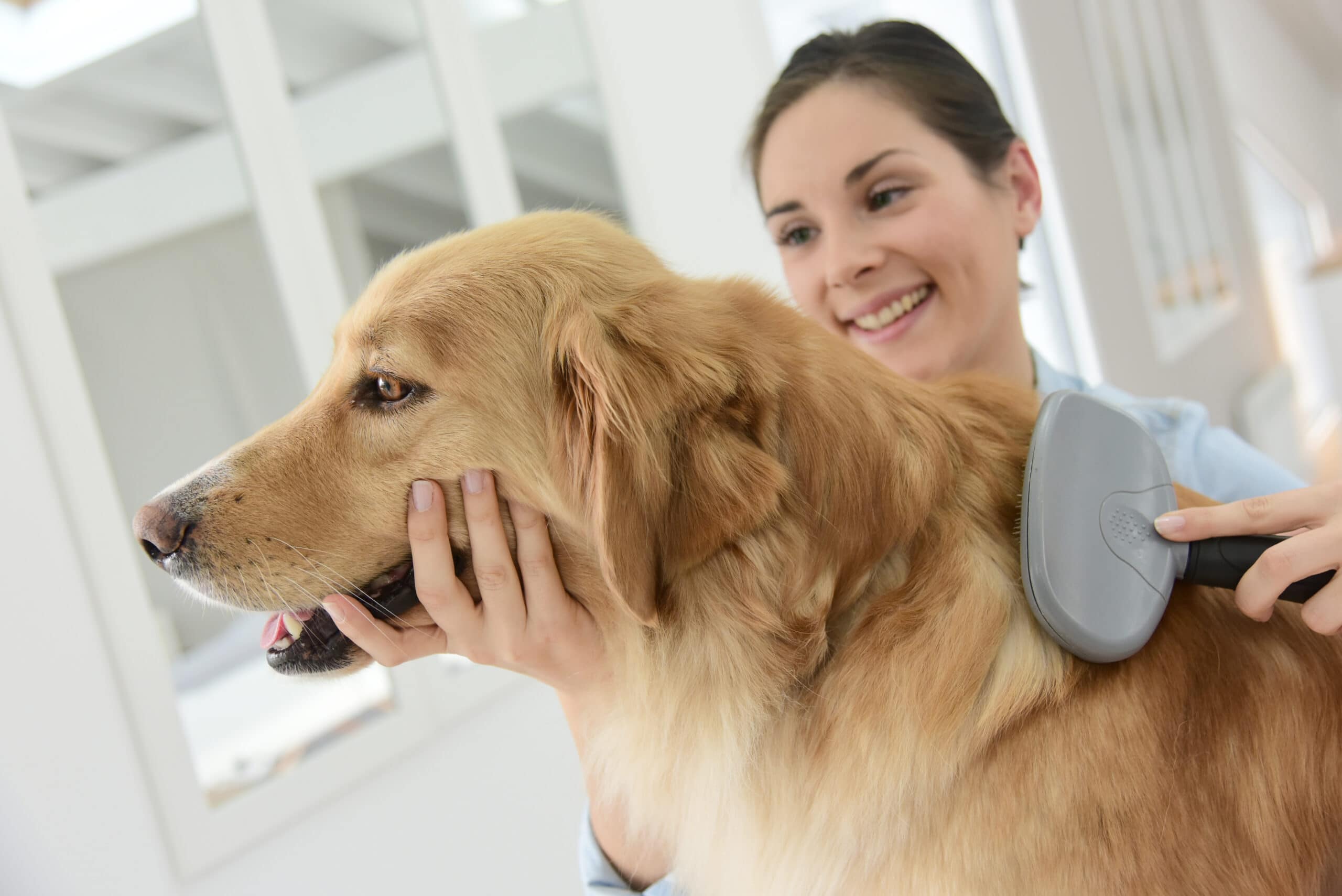Pets Ease Stress For Kids With Autism And Their Parents
Pets help to strengthen relations between parents and kids with autism besides easing stress, according to new research from the University of Missouri.
Parents of kids with autism tend to experience more stress than parents of normal kids and pets can be a source of relief and support.
The study was conducted by Gretchen Carlisle, a research scientist with the Research Center for Human-Animal Interaction in the MU College of Veterinary Medicine.
How pets help
As part of the study, over 700 families from the Interactive Autism Network were surveyed to understand the pros and cons of having a dog or cat in the family.
The study found that though caring for a pet was a chore, children with autism and their parents experienced strong attachment to their pets.
Despite the responsibility, caring for a pet did not contribute to stress for the parents and the benefits increased with more than one pet.
More social interaction
Carlisle said that pets were beneficial in providing more social interaction to kids with autism and reducing anxiety besides being a source of comfort and support to their parents.
Involve kids in the selection of pets
According to Carlisle, parents on the verge of getting a pet should involve kids in the decision and ensure that the pet’s temperament complements the kid’s particularly as kids with autism may find a large and noisy dog ill-suited to their specific sensitivities. A calm cat, she opined, would probably be a better fit.
Carlisle said her objective was to provide parents with evidence-based information to help them make the right choices.
All types of pets help
In an earlier study, Carlisle had found that any kind of pet in the home helped to improve the social skills of children with autism and they were more likely to interact better in social settings – introducing themselves, seeking information and answering questions from others.
Living with a pet, according to Carlisle made children with autism more assertive and socially adept. She said that even in a social gathering or a classroom setting, children talked and interacted more with each other if pets were present and this was applicable even to children with autism.
Through her study, Carlisle also found out that the longer the family had a pet, the better the social skills of the children with autism, who tended to bond more with smaller dogs.






